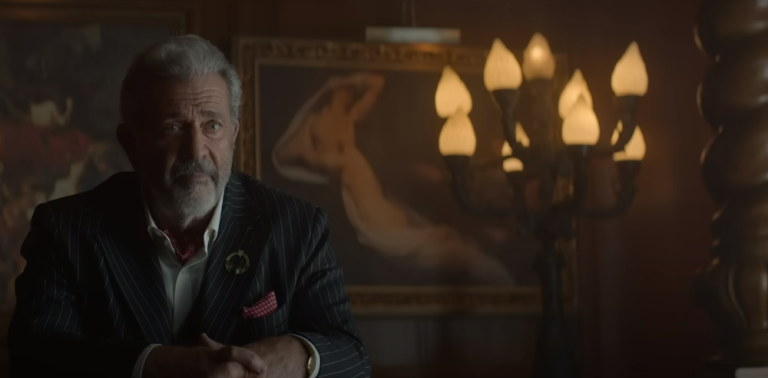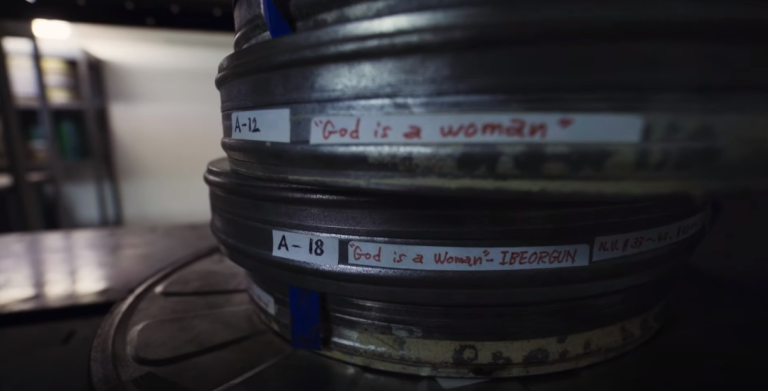

The film “Golden Years” directed by Barbara Kulcsar embarks on a poignant journey with Peter and Alice, a couple in their sixties, on the brink of retirement. Peter, having just concluded a lengthy career spanning 37 years, anticipates the newfound freedom retirement affords, while Alice yearns to rekindle the flame of their romance. Yet, Peter remains ensconced in his solitary pursuits, prioritizing his exercise regimen over intimacy, setting the stage for a narrative that traverses the complexities of aging and relationships.
Their tranquil existence is disrupted by two pivotal events: the untimely demise of Alice’s friend Magalie, who unveils a clandestine affair spanning fifteen years through love letters, and the unexpected gift of Mediterranean cruise tickets from their children. While Alice eagerly anticipates the voyage as an opportunity to rejuvenate their relationship, Peter’s enthusiasm wanes. In a bid to mitigate his reservations, Peter extends an invitation to Magalie’s widower, Heinz, to join them on the cruise.

Unlike the biting satire on class dynamics aboard a cruise ship portrayed in “Triangle of Sadness,” “Golden Years” opts for a more introspective narrative approach, offering viewers a deeper, more gratifying experience. As Heinz gradually monopolizes Peter’s attention, and Peter confides in Alice his waning interest in intimacy, she makes a bold decision to temporarily separate from their stagnating marriage, finding solace and purpose in Marseilles by returning Magalie’s letters to her former lover scattered across Europe.
The film intricately explores how conventional notions of marriage and existence can stifle vitality, trapping couples in relationships devoid of fulfillment despite their enduring differences. While Alice embarks on a quest to reignite her zest for life, encountering individuals with unconventional perspectives on love and fidelity along the way, Peter finds solace in the simplicity of companionship with Heinz. Their divergent paths underscore the incongruity of their desires in their twilight years.

Despite the film’s leisurely pace, it grapples with weighty themes, including late-life sexuality and the renegotiation of traditional beliefs, albeit against the backdrop of their comfortable Swiss homes. The absence of significant financial constraints for Peter and Alice may render their challenges less relatable, yet it serves to underscore the film’s focus on the internal struggles of its protagonists. Even Alice’s son, who offers her refuge following her fallout with Peter, leads a carefree existence, indulging in nightly Tinder encounters in his cozy bungalow.
At the heart of “Golden Years” lies its stellar performances, with Esther Gemsch delivering a tour de force portrayal of Alice’s metamorphosis from a reserved housewife to a liberated soul embracing life’s hedonistic pleasures with fervor. The film’s pivotal moment, where Alice is encouraged to explore alternatives beyond conventional marital paradigms, signifies a departure from typical late-life romantic comedies, delving into unconventional avenues with sincerity and charm.

In its exploration of embracing life’s possibilities, including the formation of a polycule, “Golden Years” challenges audiences to reevaluate entrenched beliefs, offering a nuanced portrayal of late-life romance and self-discovery that resonates with authenticity and depth.
| Aspect | Description |
|---|---|
| Storyline | Depicts Peter and Alice, a couple in their sixties, facing intimacy issues as they prepare for retirement. Events such as the death of Alice’s friend Magalie and a Mediterranean cruise gift from their children catalyze their journey. |
| Themes | Explores themes of late-life romance, rejuvenation, unconventional relationships, and the quest for fulfillment beyond traditional marital paradigms. |
| Setting | Features affluent seniors in comfortable Swiss homes and aboard a Mediterranean cruise, highlighting luxurious settings and a sense of freedom in old age. |
| Character Development | Follows the transformation of Alice from a reserved housewife to a liberated individual embracing life’s possibilities, contrasting with Peter’s contentment in simpler pursuits. |
| Cinematic Approach | Takes a contemplative, gentler approach rather than diving into dark satire, focusing on character emotions and interpersonal dynamics. |
| Performances | Esther Gemsch shines as Alice, delivering a soulful portrayal of her journey towards liberation, while other characters add depth and emotion despite the film’s light-hearted tone. |
| Exploration of Themes | Challenges traditional beliefs about marriage and life, delving into unconventional paths such as bisexuality and involvement in a “socio-feminist collective” with sincerity and charm. |
| Overall Tone | Despite a leisurely pace and lack of substantial problems, the film offers a satisfying viewing experience with its sincere exploration of late-life possibilities and relationships. |






